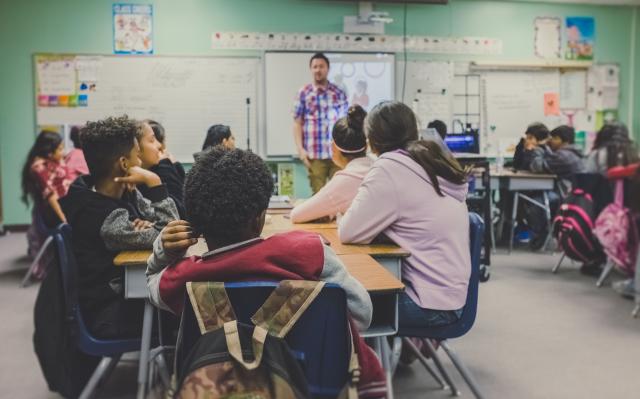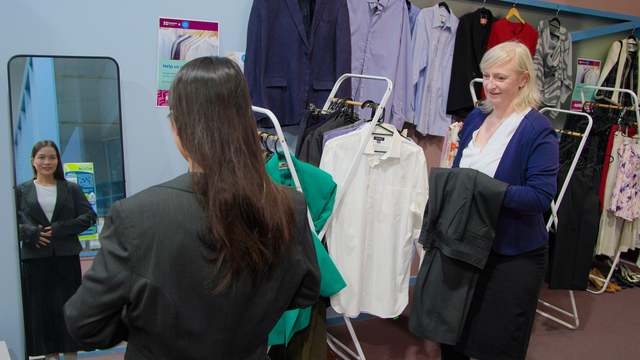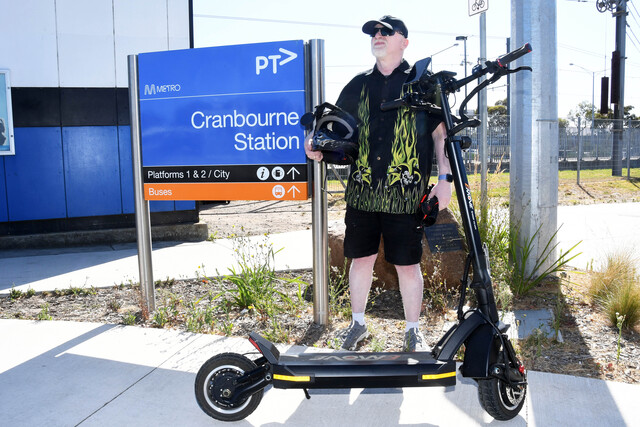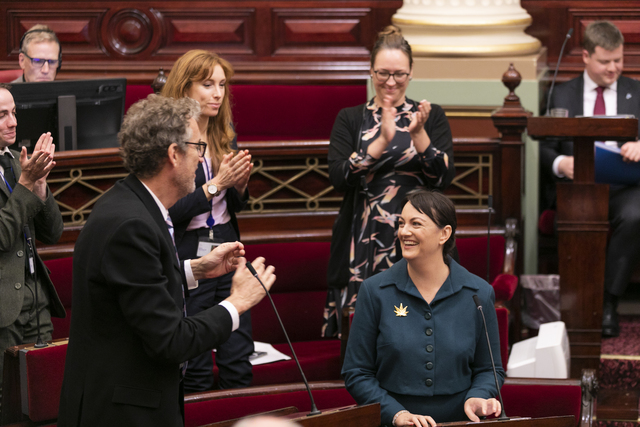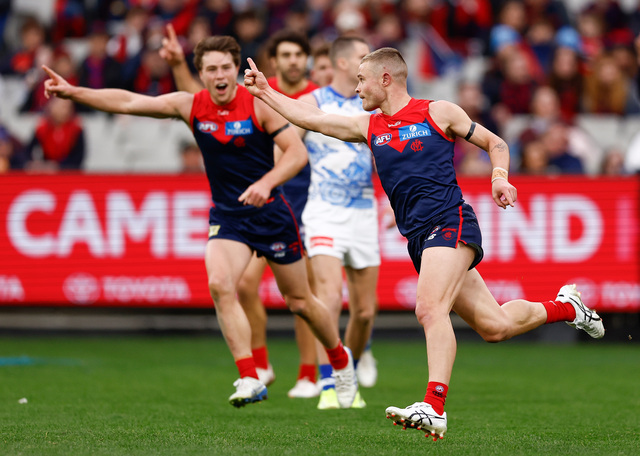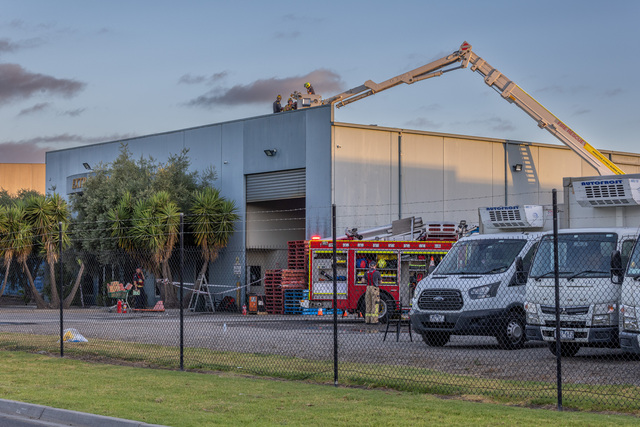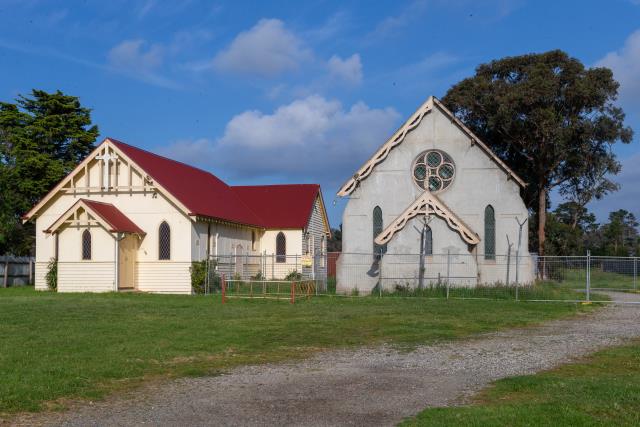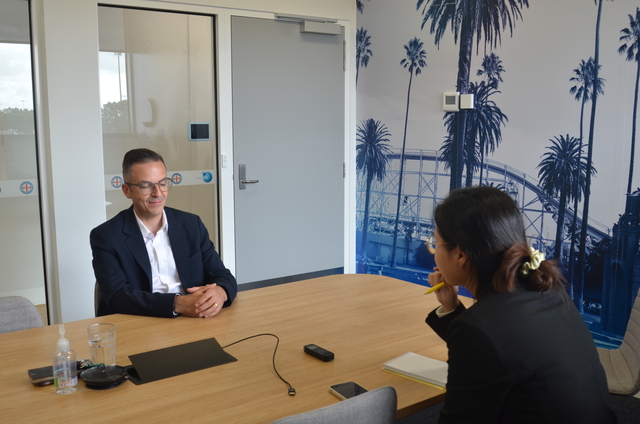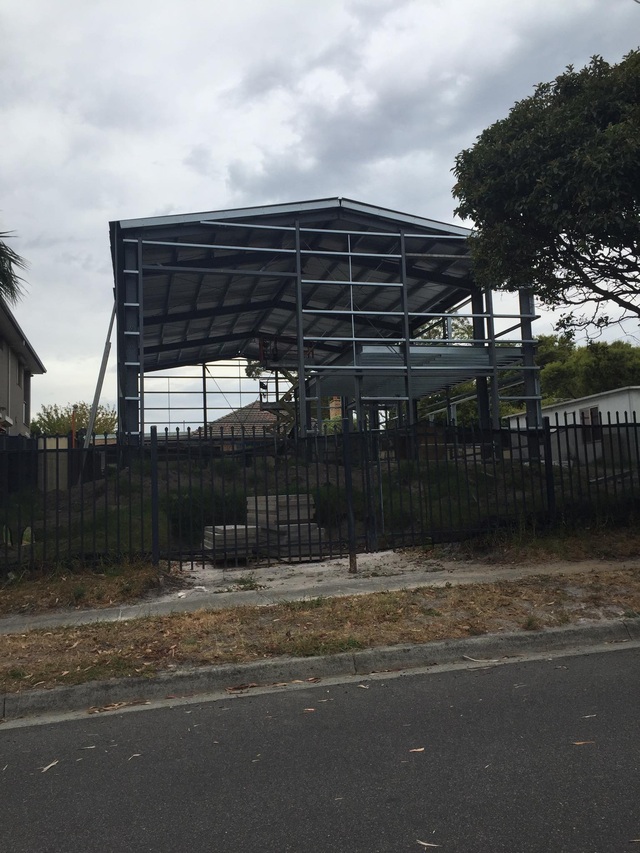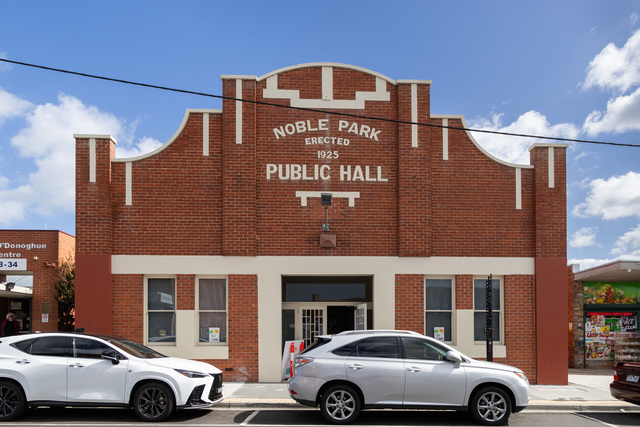Expert opinion is in support of the announcement following the State Government declaring that school principals now have the power to expel or suspend students for behaviour outside of school.
Federation University professor Jenene Burke, who is also the deputy dean of the Institute of Education, Arts and Community, said that while the specifications of what this new power entails are not yet readily available, she thinks “it could be quite helpful to principals”.
“I know that as far as schools are involved, things happen outside of school gates that impact the school community directly.
“I think that there is a grey area there as to whether principals can actually deal with the fallout or the way students are reacting or things that students have done, but if it becomes clearer, then it’s going to be helpful for everyone,” she said.
Shadow Minister for Education, Jess Wilson, commented on the lack of parameters around what this new development has in store for principals.
Prof Burke touched on how these newfound powers could potentially impact or ‘exclude’, instead of supporting students with complex behavioural or social needs, adding that “it’s a thin wedge”.
“We’re talking about extreme behaviour that students might be engaging in after school, which I think could be a social problem, or a law and order problem, more than a school problem.
“All children have the right to education, but there’s also a right to protect the school community, the people within it and ensure that these people feel safe and secure.
“If that is compromised by the behaviour of certain students, then principals are obliged to act,” she said.
However, Prof Burke said that she is not in favour of expelling students, and that students, at times, do need that form of suspension to “cool their heels” and to let things settle down.
While principals and teachers might implement these strategies, she also added that there needs to be care around vulnerable children, and children who are behaving in antisocial ways, since they “need more support”.
“Perhaps there needs to be additional support to what schools can typically offer, because these are big social problems with kids who are troubled, which need to be managed in a range of different ways,” she said.
She also added that there has been an array of media coverage, not current, but consistent, when it comes to antisocial behaviour, and that if it were to happen on school grounds or outside, then the result delivered by a principal would remain the same.
“You can’t let kids behave like that around other kids; there is a whole lot of learning that needs to happen for them, and schools are in the business of learning,” she said.
“If kids are doing the wrong thing, the idea is to try to teach them to get it right next time, and I think it’s helpful if schools can respond to those things.”
Early intervention on what could potentially signal antisocial behaviour remains integral, so that the plausibility of expulsion remains thin down the line.
Prof Burke said that “principals don’t actually expel or suspend a lot of children, it’s only in really extreme cases”.
She highlighted that, by the same token of early preventative measures, the recent announcement by the State Government of the Positive Behaviour Support Program and other similar approaches can help provide students that space to address possible antisocial, or potentially dangerous behaviours or habits.
“There are also restorative processes, which have been in schools roughly 20 to 30 years, where you sit down with children, you talk through what has happened, and you get them to try and think about why they behave in certain ways,” Prof Burke said.
“Think about how they have been harmed or have harmed, and what needs to happen for them to feel better about what happened, then to have an undertaking to move forward in some way, together – that can be really powerful.”
Schools around Victoria use these strategies to address children involved in incidents in schools, with Prof Burke also coining school counsellors as a present form of help for those in need.
She said that trauma-informed practices have become prevalent in the last five years, and that schools as a whole have been working with students in terms of “developing trauma-informed practices that they can use”.
“The things that we teach students are to identify potential issues before they occur; what are the signs leading up to, maybe an incident that’s about to escalate, and how they can diffuse these difficult situations.
“Relationship-building exercises, community-building exercises in-school, classroom exercises, these are places where people learn to treat each other decently,” she said.
Prof Burke believes that the development of powers for principals to address outside-of-school behaviour is important, but so are the endeavours that schools must take to address these behaviours in-house, before it reaches that critical stage.

